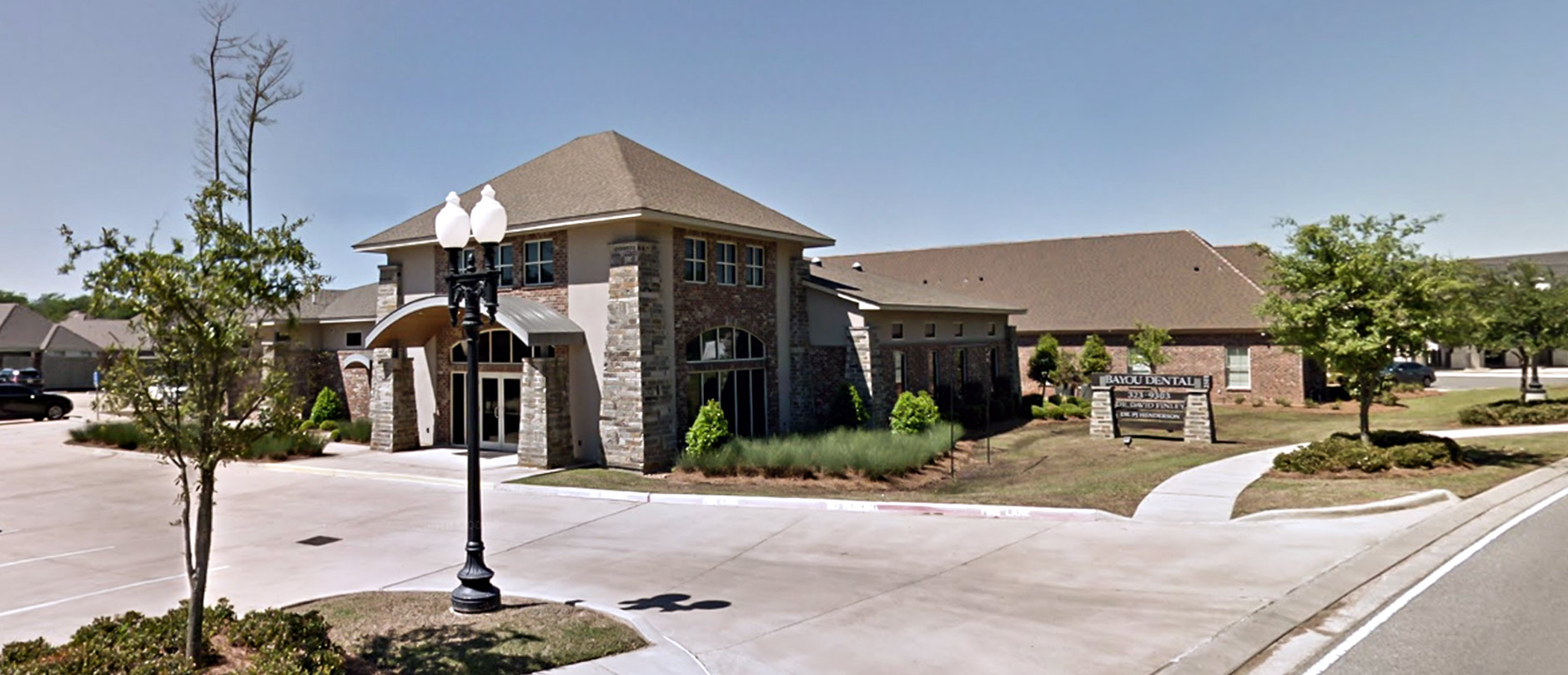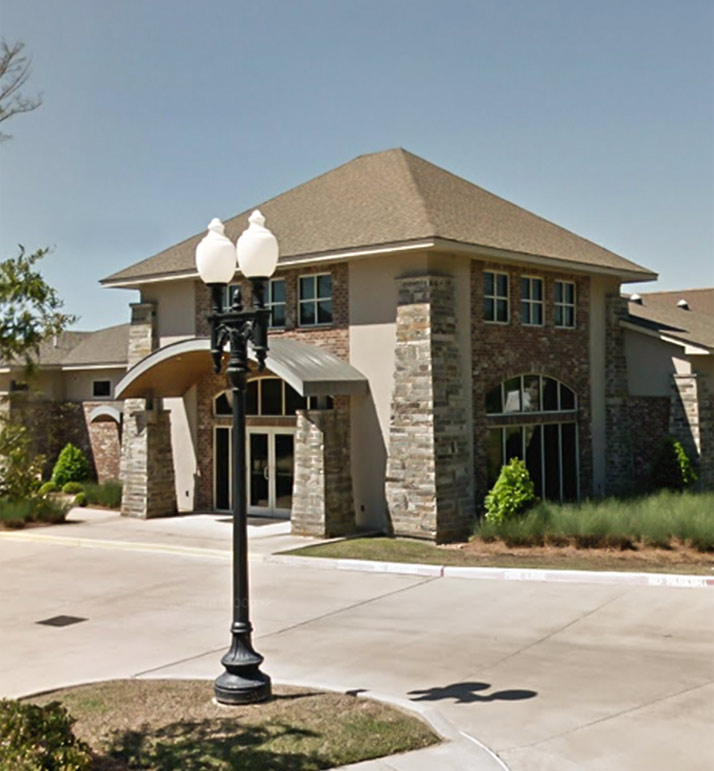What should you expect during your routine dental exam and cleaning appointments? Are fluoride treatments included, or are they just for kids?
What Can You Expect During Routine Dental Appointments?
Although fluoride treatment isn’t routine for adults, you can expect x-rays. Your dentist will determine which x-rays you receive.
- Bitewing x-rays – Two or four x-rays are taken while you bite on a tab that holds the x-ray film. The films capture your upper and lower teeth, half their roots, and the supporting bone.
- Full series x-rays – All areas of your mouth are captured, including the teeth and roots, upper and lower jaw, and oral tissue. They are taken once every five years or more.
- Panographic x-ray – You might receive this two-dimensional instead of full-series x-rays. It is a single image of your entire mouth, including your teeth and their roots, jaws, and surrounding oral tissue and structure. These x-rays show the roots of your tooth and are taken about every five years.
If you have aggressive tooth decay, your dentist might recommend x-rays in more frequent intervals.
What’s the Age Range for Fluoride Treatment?

Fluoride treatments are mainly recommended for kids
Your child’s dentist might recommend fluoride treatment while teeth are still developing—usually up to age 14 but sometimes up to age 18. Fluoride has limited benefits on mature tooth enamel. But if you are an adult, your dentist might recommend it for aggressive tooth decay.
How Is Fluoride Applied to Teeth?
Usually, dentists don’t recommend fluoride treatment for adults. But if your teeth are at high risk for decay and your dentist recommends treatment, what can you expect?
- It only takes a few minutes, and it is painless.
- Your dentist will apply a fluoride foam, gel, or varnish to your teeth.
- You won’t eat or drink anything for the next 30 minutes as the fluoride penetrates your teeth.
- Depending on the condition of your teeth, treatments will be repeated every three, six, or twelve months.
How Does Fluoride Treatment Affect Dental Restorations?
Although acidulated fluoride doesn’t harm natural teeth, it can damage porcelain restorations. Acidulated fluoride can etch dental porcelain, destroy the glaze, and cause your restorations to attract stains. It can also dissolve tints in porcelain restorations, and they will no longer match your natural teeth. Neutral fluoride won’t harm your restorations.
If you have aggressive tooth decay and your dentist recommends fluoride treatment, be sure to tell him or her about any restorations to your teeth.
This post is sponsored by David Finley, DDS, a cosmetic dentist in Monroe, LA.





